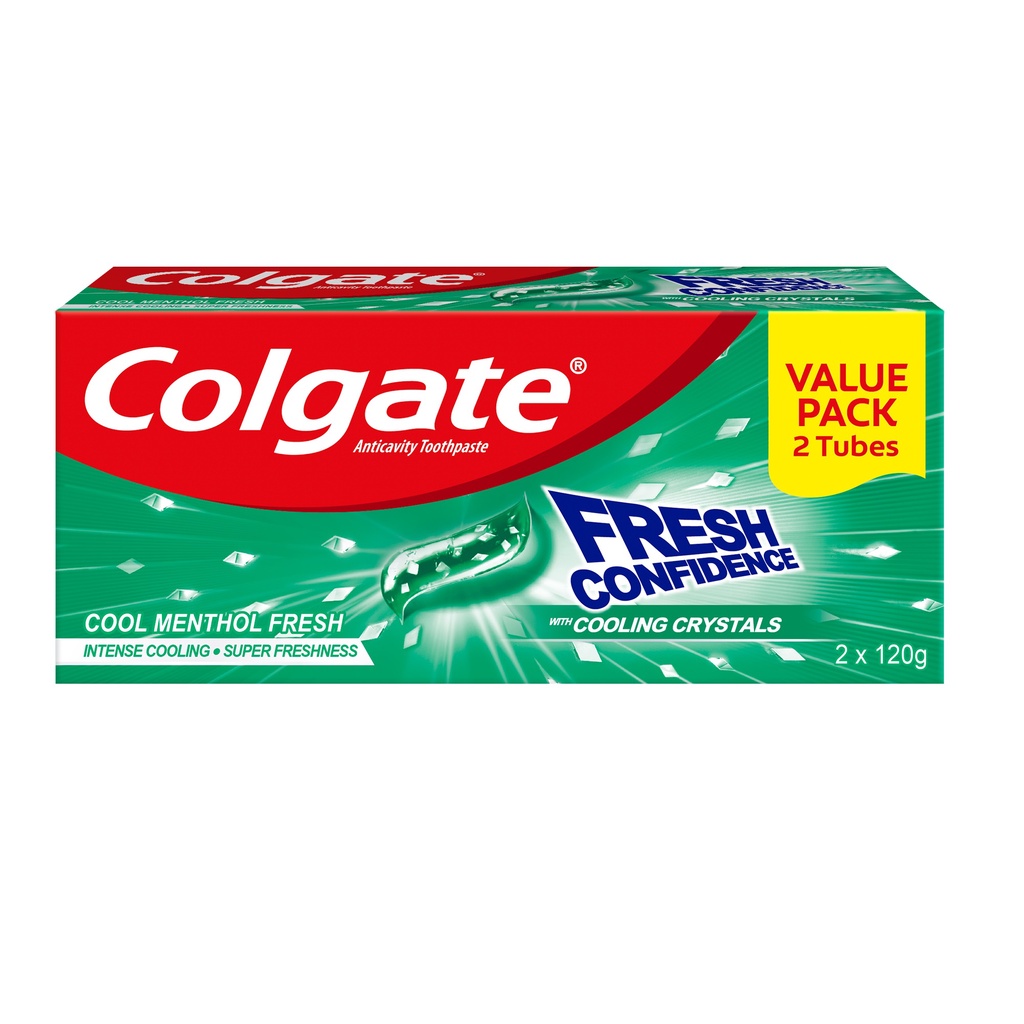Tooth Crown Pain Guide: Symptoms & Treatment Options

The sensation of tooth crown pain can be a daunting and unsettling experience, affecting not only oral health but also overall well-being. It’s a condition that arises from various factors, including the crown itself or the underlying tooth. Understanding the symptoms, causes, and treatment options is crucial for seeking the right dental care. In this comprehensive guide, we will delve into the world of tooth crown pain, exploring its intricacies, implications, and the roadmap to relief.
Understanding Tooth Crowns
Before diving into the specifics of tooth crown pain, it’s essential to grasp what tooth crowns are and their purpose. A tooth crown, often simply referred to as a crown, is a cap that completely covers a tooth, restoring it to its normal shape and size. Crowns are used for several reasons: to protect a weak tooth from breaking, to restore a broken tooth, to cover a dental implant, or to cover a tooth that has had a root canal. They can be made from various materials, including ceramic, porcelain, glass, and metal.
Causes of Tooth Crown Pain
The pain associated with tooth crowns can stem from several causes:
Improper Crown Seating: If the crown is not properly seated on the tooth, it can lead to sensitivity and pain. This improper fit can cause the crown to rub against the surrounding teeth or gums, leading to discomfort.
Cement Washout: Over time, the cement used to secure the crown can wash out, allowing bacteria to seep under the crown and cause pain.
Pulpal Inflammation: The process of preparing the tooth for a crown can sometimes irritate the pulp (the soft tissue inside the tooth containing the nerve), leading to inflammation and pain.
Gum Recession: If gum recession occurs around a crowned tooth, it can expose the root surface, leading to sensitivity and pain.
Tooth Decay: Decay under the crown can cause pain, as the bacteria can multiply and irritate the nerve of the tooth.
Symptoms of Tooth Crown Pain
Recognizing the symptoms of tooth crown pain is crucial for early intervention. These symptoms can vary in intensity and type but often include:
- Sharp Pain: A sudden, sharp pain when biting down or releasing pressure on the tooth.
- Continuous Ache: A dull, continuous ache that can seem to emanate from the crowned tooth itself or the surrounding area.
- Sensitivity: Increased sensitivity to hot and cold foods and beverages, which can be particularly painful.
- Discomfort: A general feeling of discomfort or soreness in the gum around the crowned tooth.
Treatment Options for Tooth Crown Pain
The treatment for tooth crown pain depends on the underlying cause. Here are some common approaches:
Adjustment of the Crown: If the pain is due to an improper fit, the dentist can adjust the crown to fit better.
Replacing the Crown: If the crown is old or poorly fitted, replacing it might be necessary. This involves removing the old crown, preparing the tooth again, and placing a new crown.
Root Canal Therapy: If the pain is due to pulpal inflammation or decay under the crown, a root canal may be necessary to remove the infected pulp.
Gum Therapy: If gum recession is the cause, treatments to promote gum health and cover exposed roots might be recommended.
Pain Management: While the underlying cause is being addressed, managing the pain with over-the-counter pain relievers or prescription medications may be advised.
Preventing Tooth Crown Pain
Prevention is always better than cure. Regular dental check-ups can help identify potential issues with crowns or teeth early on, preventing pain. Good oral hygiene, including regular brushing, flossing, and using an antibacterial mouthwash, can help maintain the health of crowned teeth and prevent complications.
Conclusion
Tooth crown pain is a treatable condition that should not be ignored. By understanding its causes, recognizing its symptoms, and seeking appropriate dental care, individuals can find relief and restore the comfort and functionality of their teeth. Whether through adjustment, replacement, or more involved treatments, dental professionals have the tools and expertise to address tooth crown pain effectively. Remember, maintaining good oral health and attending regular dental check-ups are key to preventing tooth crown pain and ensuring a healthy, pain-free smile.
FAQ Section
How long does a tooth crown last?
+A well-maintained tooth crown can last anywhere from 5 to 15 years, depending on the material, oral hygiene, and other factors. Regular dental check-ups can help extend the life of the crown.
Is getting a tooth crown painful?
+The process of getting a tooth crown typically involves some discomfort, especially during the preparation phase. However, local anesthetics can minimize pain during the procedure. Any post-procedure discomfort can usually be managed with over-the-counter pain relievers.
Can tooth crown pain be a sign of a more serious issue?
+Yes, tooth crown pain can sometimes indicate a more serious issue, such as decay under the crown, infection, or nerve damage. It’s essential to consult a dentist to determine the cause of the pain and receive appropriate treatment to prevent further complications.
